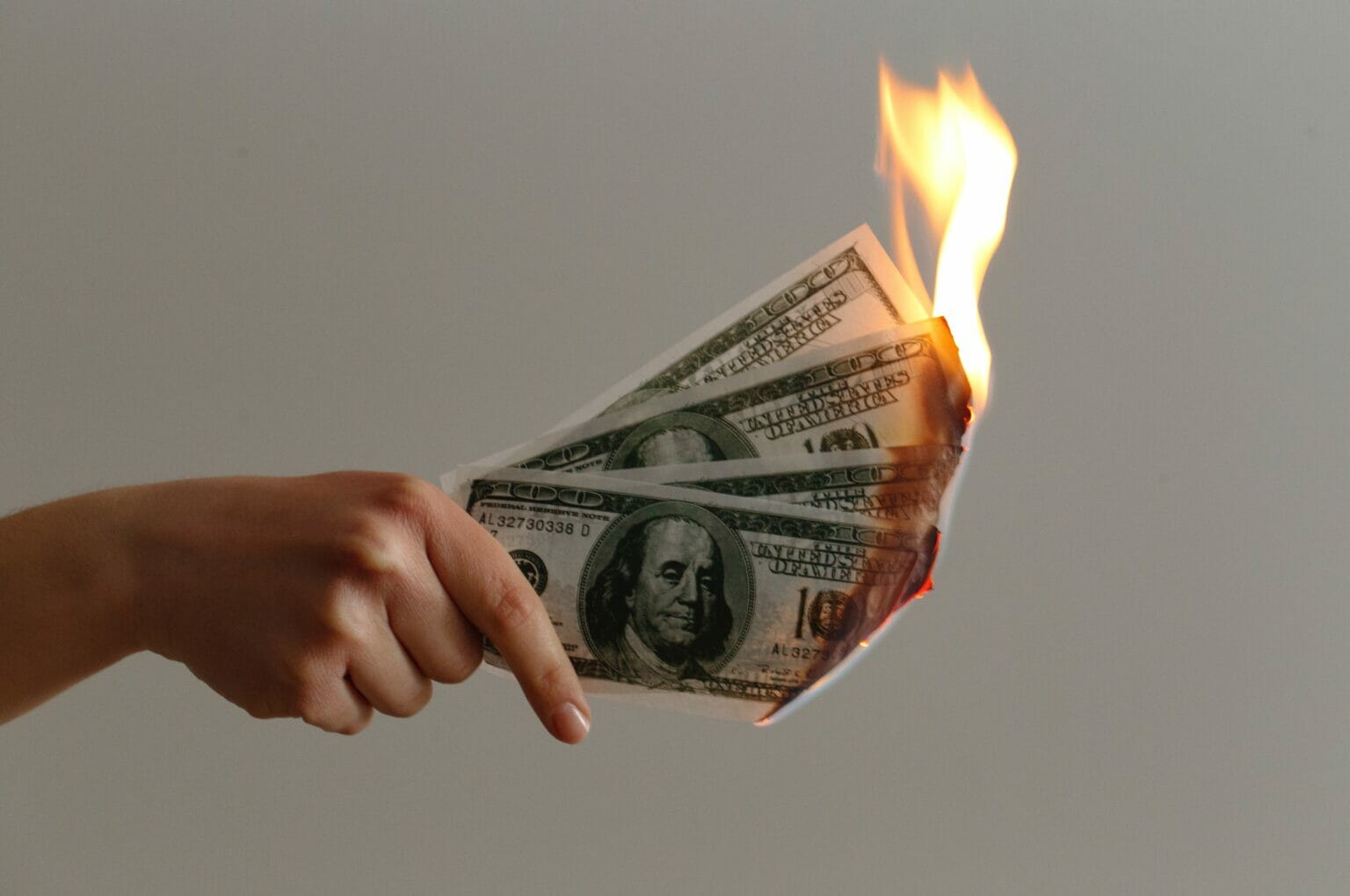The Federal Reserve raised rates by 75 basis points for a second time.
On Wednesday, the Federal Reserve of the United States carried out yet another significant increase in interest rates in an effort to rein in rising consumer costs.
The Federal Reserve increased its benchmark interest rate by another 75 basis points during its most recent meeting, which took place in July. This marks the fourth time that the Fed has done so since March.
The most significant contributors to the most recent month’s increase in inflation in the United States were higher costs for both food and fuel.
This is the highest rate since 1981, and it is significantly higher than the official aim of 2 percent.
By increasing the cost of borrowing money, the goal is to persuade individuals and corporations to borrow and spend less money overall, which will result in lower prices.
However, this might lead to a decrease in economic activity, which in turn can bring about a recession.

Chairman of the Federal Reserve Jerome Powell acknowledged that certain sectors of the economy were weakening, but he stated that the Fed may raise interest rates again in the coming months despite the risks involved.
He stated, “We are not attempting to have a recession, and we do not believe that we are required to.”
Since the commencement of the Covid-19 pandemic, the Federal Reserve has maintained its benchmark interest rate at a level very close to zero. However, in March, the Fed began what has been widely referred to as one of the most aggressive rising cycles in recent decades.
Following the increase that took place on Wednesday, the target range for the federal funds rate is now between 2.25 percent and 2.50 percent.
This rate not only determines how much banks charge each other for short-term loans, but it also serves as a benchmark for other loan rates.
The United States is hearing more and more regular warnings that an approaching disaster is on the horizon.
Earlier this week, renowned economist Nouriel Roubini, who was nicknamed “Doctor Doom” by Wall Street for predicting the financial crisis of 2008-2009, stated that the country was headed for a severe recession as well as a severe debt and financial crisis. Roubini was given this moniker because he correctly predicted the financial crisis of 2008-2009.
